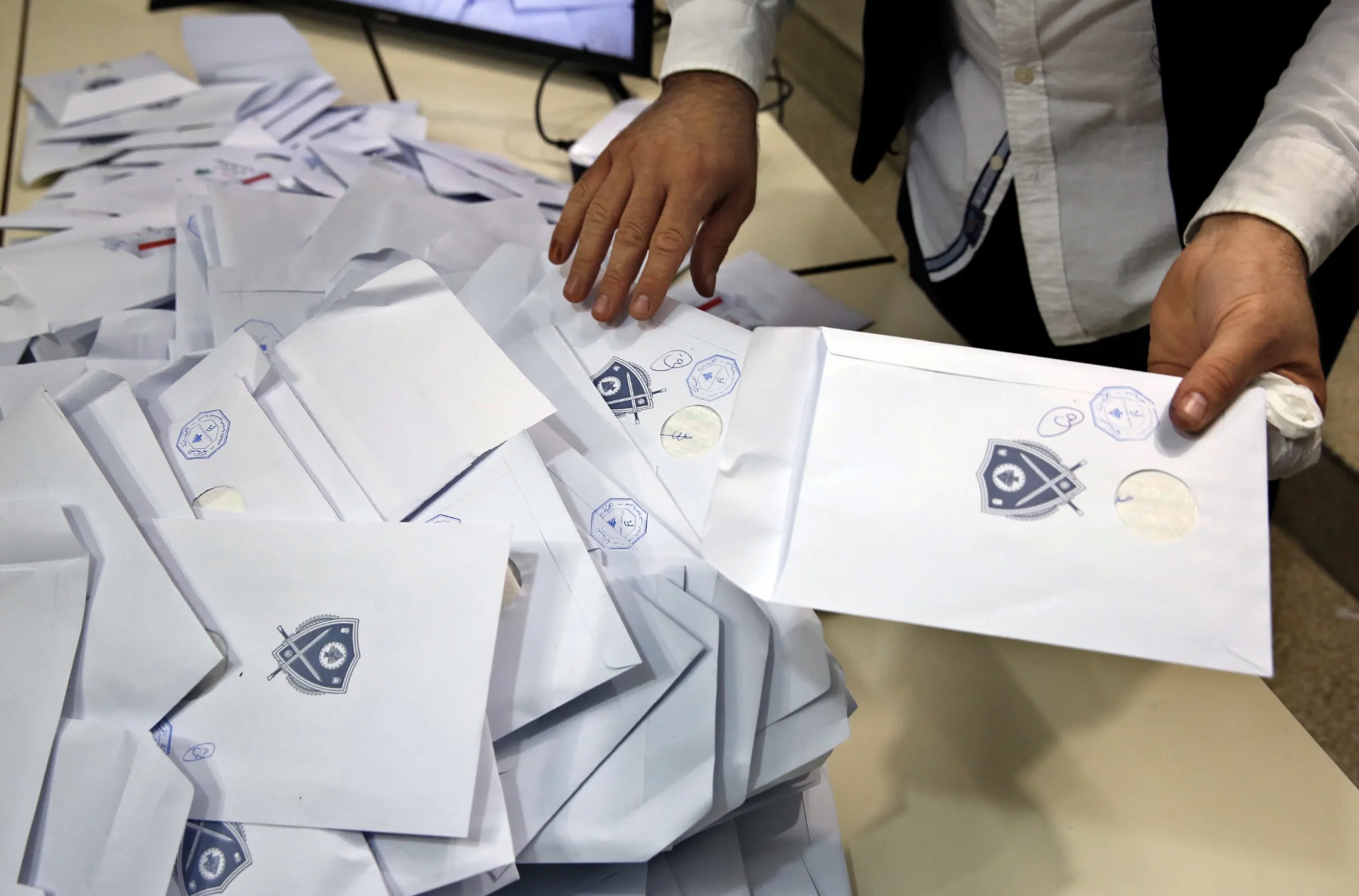Lebanon’s election has knitted a new political landscape, with shockwaves of post-electoral euphoria felt by independents across the country. And while a shift in the power balance has certainly been projected and felt, the results of the parliamentary election certainly do not mark a breakthrough in the status quo.
Independent candidates were able to snatch seats from stronghold areas previously aligned with entrenched political parties on all sides, despite a low turnout of around 41 percent. Established political parties were dealt a blow in major strongholds across all sects.
The Free Patriotic Movement (FPM) was previously the largest Christian parliamentary bloc, but May 15 marked the day when Hezbollah’s Christian ally lost its majority to the Lebanese Forces (LF), while unprecedentedly losing seats to the other in crucial electoral battlefields.
The new electoral map sends a strong message that traditional delineations of politics are shifting and no longer guaranteed. The change did come in favor of independents, or the so-called October 17 pro-revolution “rebels,” signaling a shift in political loyalties across the country.
But with the major win and regain of power for the LF, the results hardly qualify as a win for the so-called “forces of change.”
A change is definitely on the horizon with old-time established political leaders losing seats to independent candidates just outside of and categorically against the political establishment. However, coalitions will prove critical, particularly for the independent bloc which will join forces with traditional parties to secure a majority.
In the absence of an outright majority and in a delicate sectarian system like Lebanon—where the decision making process is premised on consensus—this delicate majority will prove futile, incapacitated at best, and a cause for a major stalemate ahead on key contentious issues including the election of the president, speaker of the house, government formation, negotiations with the IMF, and martime demarcations.
With an armed political party capable of arm-twisting other parties if they were to challenge its political agenda, there’s little hope for a democratic transition into a functioning state.
Another major point of contention will also arise with regards to voters who previously backed traditional parties such as Hezbollah but supported independents this time around. Some of these independent candidates ran on platforms pertaining to socio-economic demands but who did not in particular aim at Hezbollah’s arms, something that appealed to disenchanted Shiaa voters who still back Hezbollah’s strategic goals.
How will they translate their political manifesto into action if the independent bloc had to join forces with LF and their allies that are antithetical to Hezbollah’s agenda? Will that push the new voters into further disenchantment and back into the traditional sectarian fold?
The general voter contempt towards traditional party politics has translated into an emerging parliamentary bloc, but it remains to be seen how this new bloc will be able to realign itself with its electorate when they have to join forces with traditional parties that strongly oppose Hezbollah’s agenda, including its defense strategy, in order to secure a majority.
Those hailing the parliamentary elections ought to think more about how the world’s second largest non-nuclear explosion, the bankruptcy of its bank system, economic and financial collapse, the crash of its currency have allowed traditional political parties to regenerate themselves and only a number of fresh candidates making their way into the parliament.
If this election was to be hailed as a win for the October revolution, it should have reshuffled the whole political landscape, starting with the LF. Securing a breakthrough here and there is a win, but it will prove to be a slippery slope for independents as they will soon have to coalesce with traditional parties to secure a majority, despite contrasting political agendas and ideological differences.
The trumpets of change have blown away long standing political figures, while traditional parties have stood their ground. The electoral wins have certainly projected a celebratory mood across the country for challenging what was thought to be an unbreakable political class, but whose after-effects might prove rather grim for the foreseeable future.


